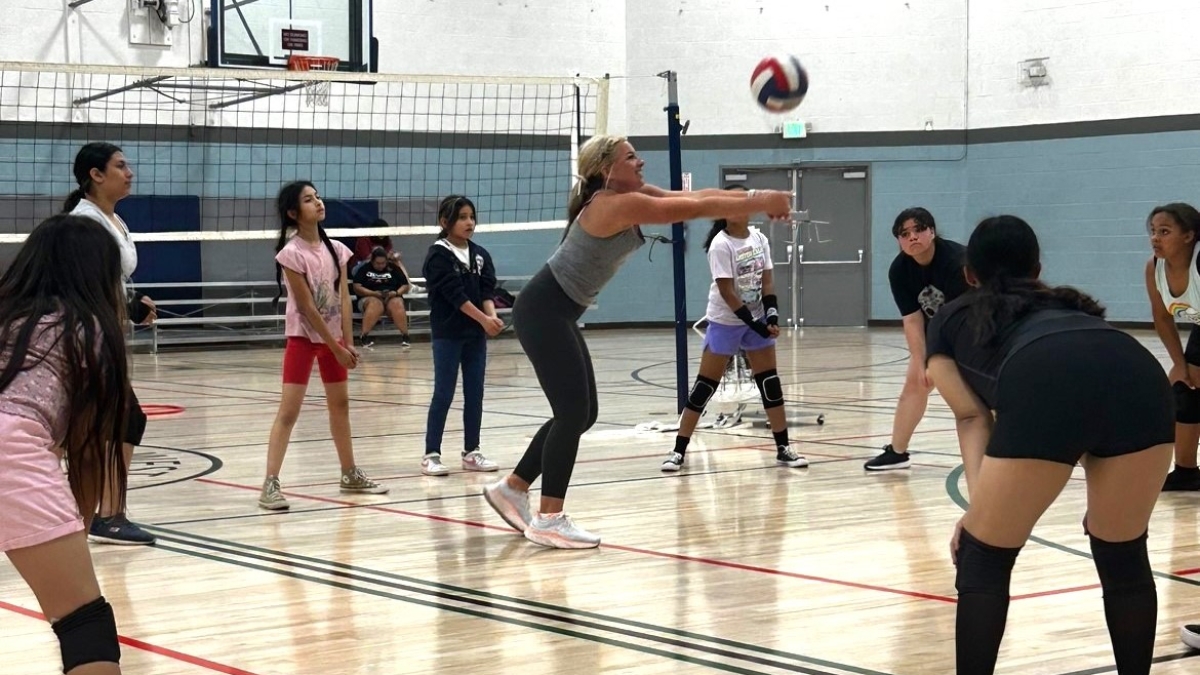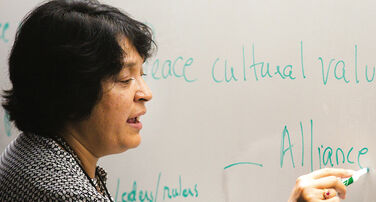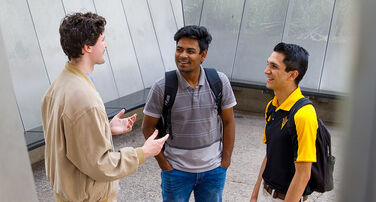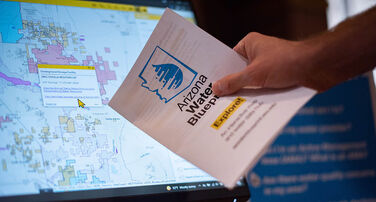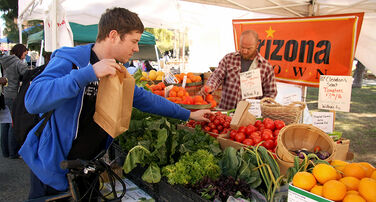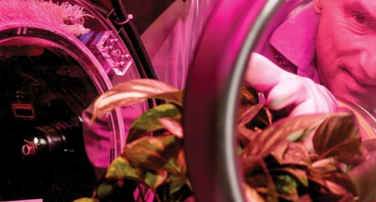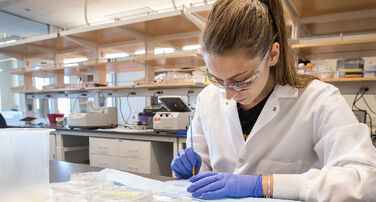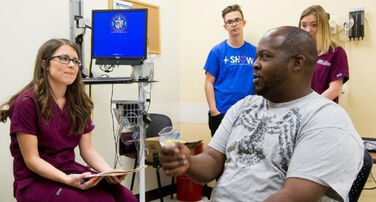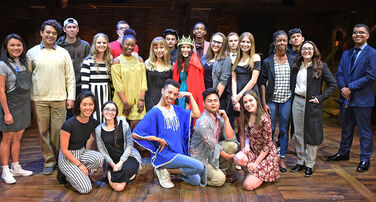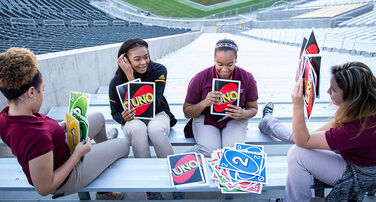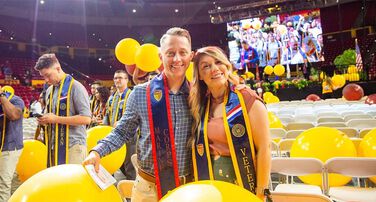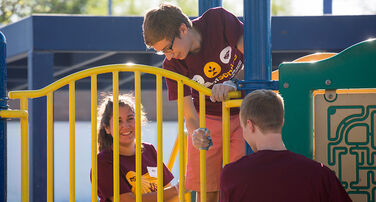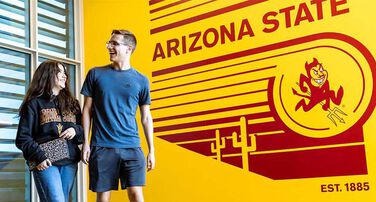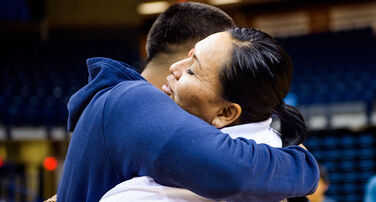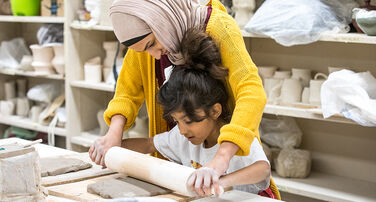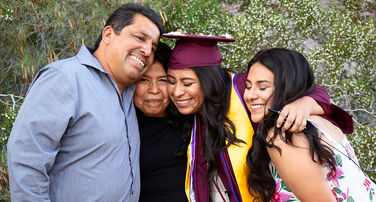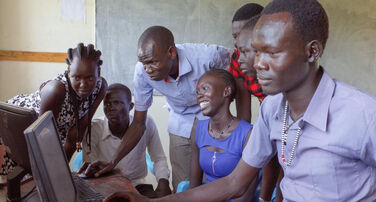
You make a difference
Champion the causes you care about and know that your generosity makes a difference in the lives of others.
Support the Charter Fund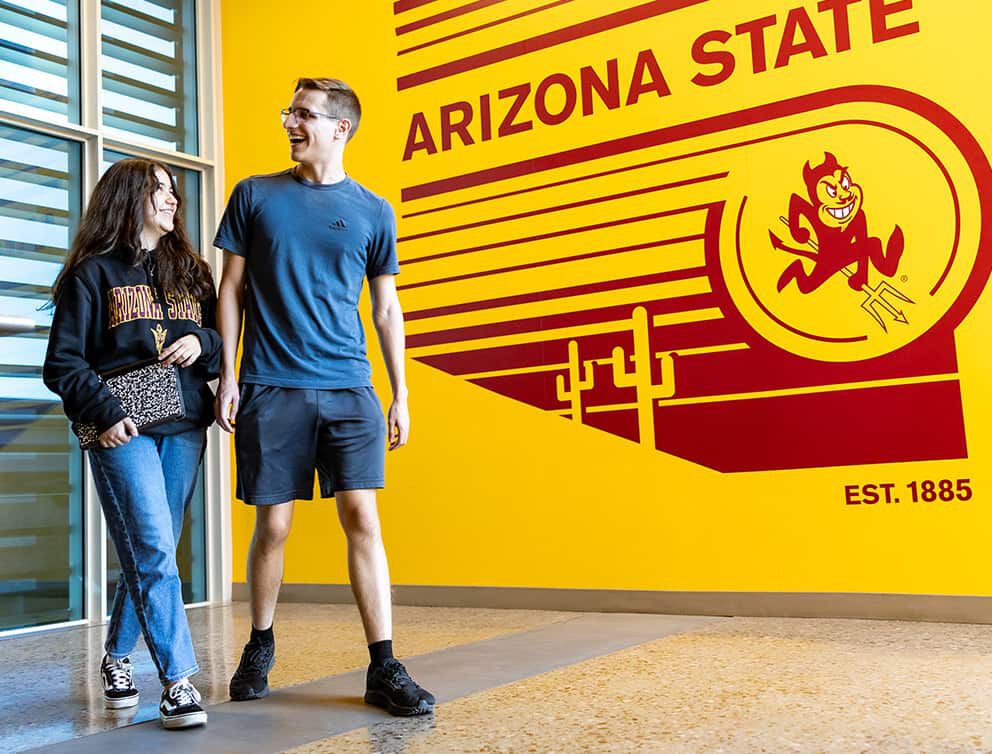
Give where you care.
Invest in people and communities.
The ASU Foundation works to unite ideas, people and philanthropy to further ASU’s mission. Donor support empowers ASU to advance student access, serve our community, protect the planet, create equity in higher education and conduct research for the public good. Your generosity has a lasting impact, bettering lives at home and around the world for generations to come.
Whether you support ASU through outright gifts or planned gifts, here are some ways you can give to what matters most to you:
Invest in people and communities.
The ASU Foundation works to unite ideas, people and philanthropy to further ASU’s mission. Donor support empowers ASU to advance student access, serve our community, protect the planet, create equity in higher education and conduct research for the public good. Your generosity has a lasting impact, bettering lives at home and around the world for generations to come.
Whether you support ASU through outright gifts or planned gifts, here are some ways you can give to what matters most to you:
What are you passionate about?
-
Your support helps students and community members understand the roots of conflict and routes toward peace.
-
Your gift energizes the boldest and most ambitious global education initiative in higher education history.
-
Your gift supports international ASU students in extreme need.
-
Your philanthropic support advances water policy and helps create a better water future for Arizona.
-
You can help our center develop innovative ideas and solutions to challenges facing current food systems.
-
Your generosity accelerates the transition to a carbon negative economy.
-
Your gift helps our center aggressively pursue new battleground tactics in the war against Alzheimer's and other neurodegenerative diseases.
-
You can change the lives of people in vulnerable populations by increasing access to free health care and educational programs.
-
From bench to bedside, your donation has a significant impact on the development of better diagnoses and treatments for cancer.
-
Your generosity helps ASU Gammage advance the university’s commitment to excellence, access and impact.
-
Your generosity provides ASU 365 the resources to invest in the surrounding communities it serves and provide programing enjoyed by all.
-
You can honor our military veterans and give back to the men and women who bravely served our country.
-
Through your generosity, ASU Family awards scholarships to individuals with financial need and a record of community service.
-
Support to the Charter Fund allows university leadership to rapidly advance initiatives, partnerships and research to transform public higher education.
-
Your generous support promotes the best aspects of sportsmanship, commitment and athletic skill for our promising student-athletes.
Give with confidence.
The ASU Foundation for a New American University is a registered nonprofit with a proven history of transparency, accountability and good stewardship. With a perfect four-out-of-four-stars rating on Charity Navigator, the ASU Foundation is committed to handling your gift responsibly so you can make a lasting impact.
In fall of 2022, 87% of ASU undergraduate students received some level of financial assistance. That year, the ASU Foundation disbursed $39.3 million worth of scholarships to 7,406 students. When you give through the ASU Foundation, you can be sure that your gift will be used for its intended purpose.
ASU Foundation News
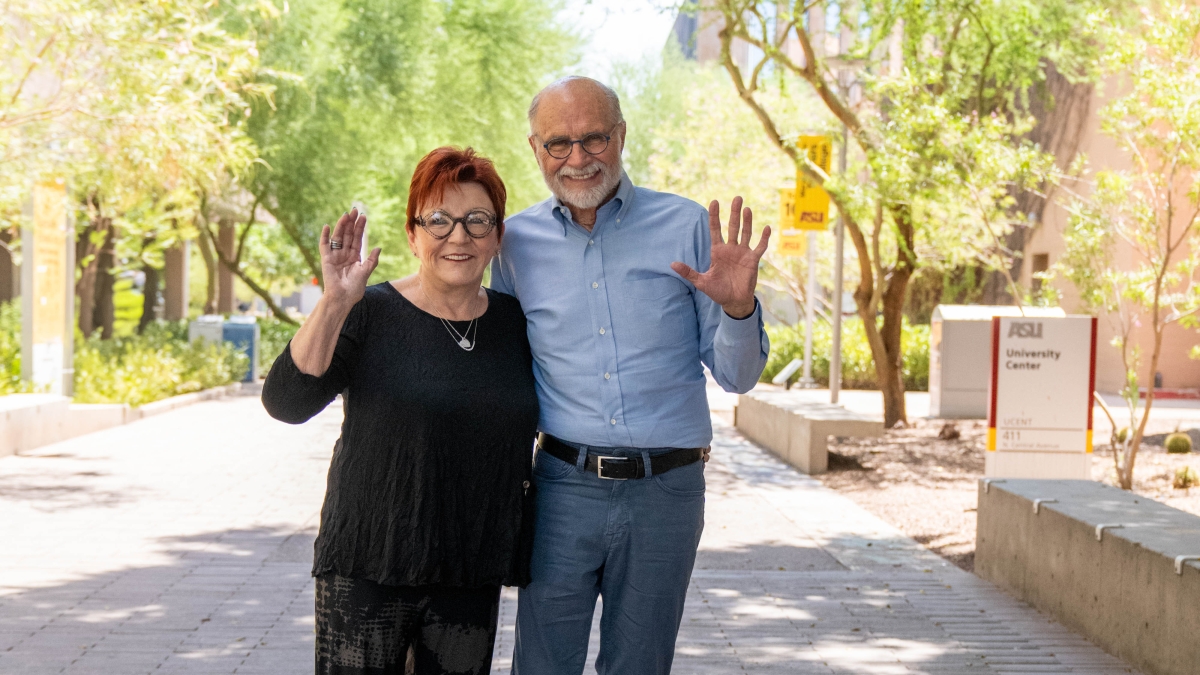
Arizona couple donate $10M to Arizona PBS, the largest gift in the station's history

Cronkite School launches Women Leaders in Sports Media live-learn program
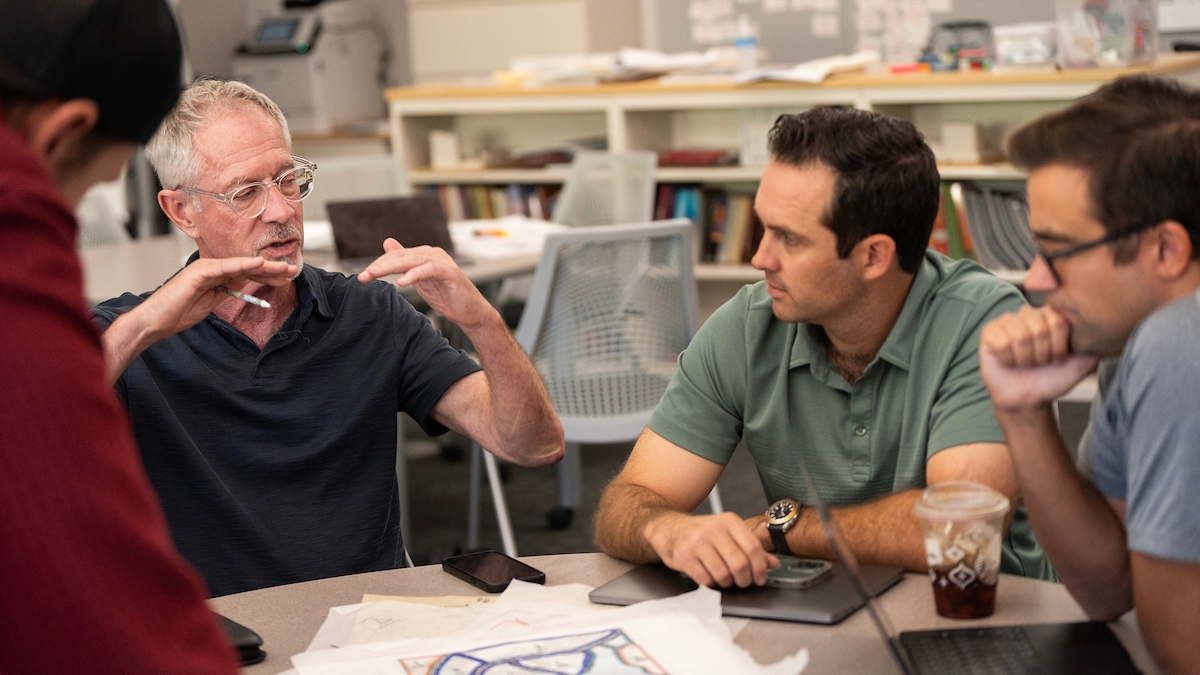
W. P. Carey Foundation commits $25M to ASU business school, bolsters real estate education
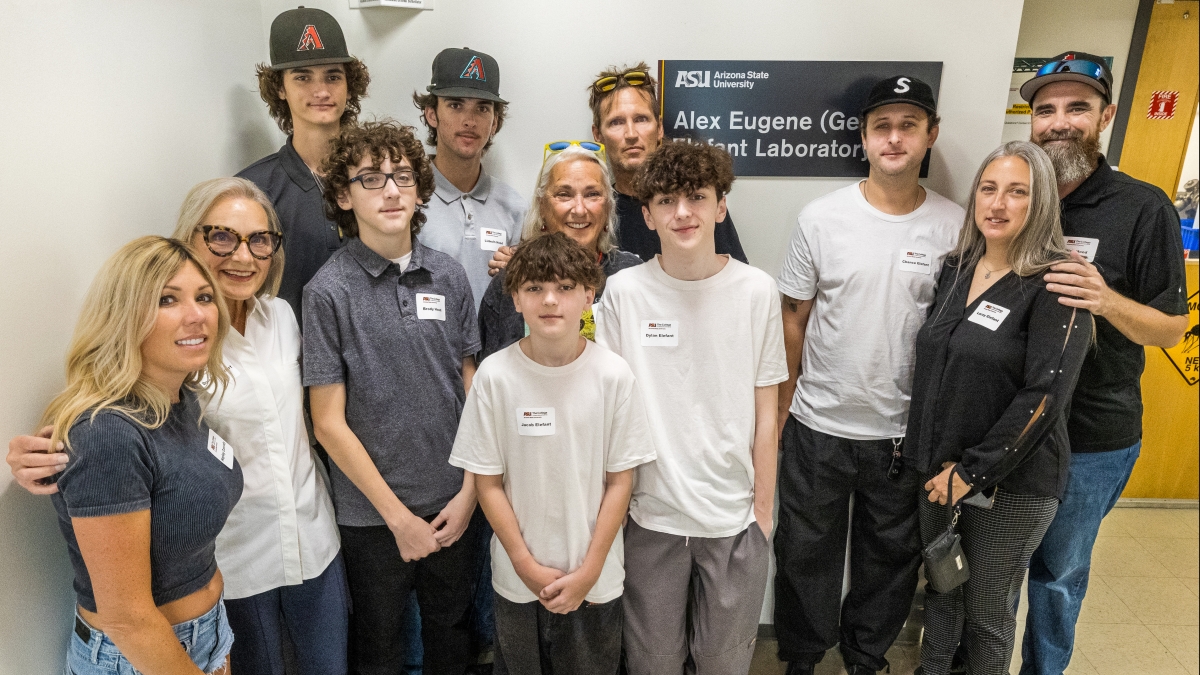
ASU alum, whose brother-in-law died of West Nile virus, contributes to ASU insectary
Gregory Melikian remembered for ‘steadfast dedication to critical language and global engagement’
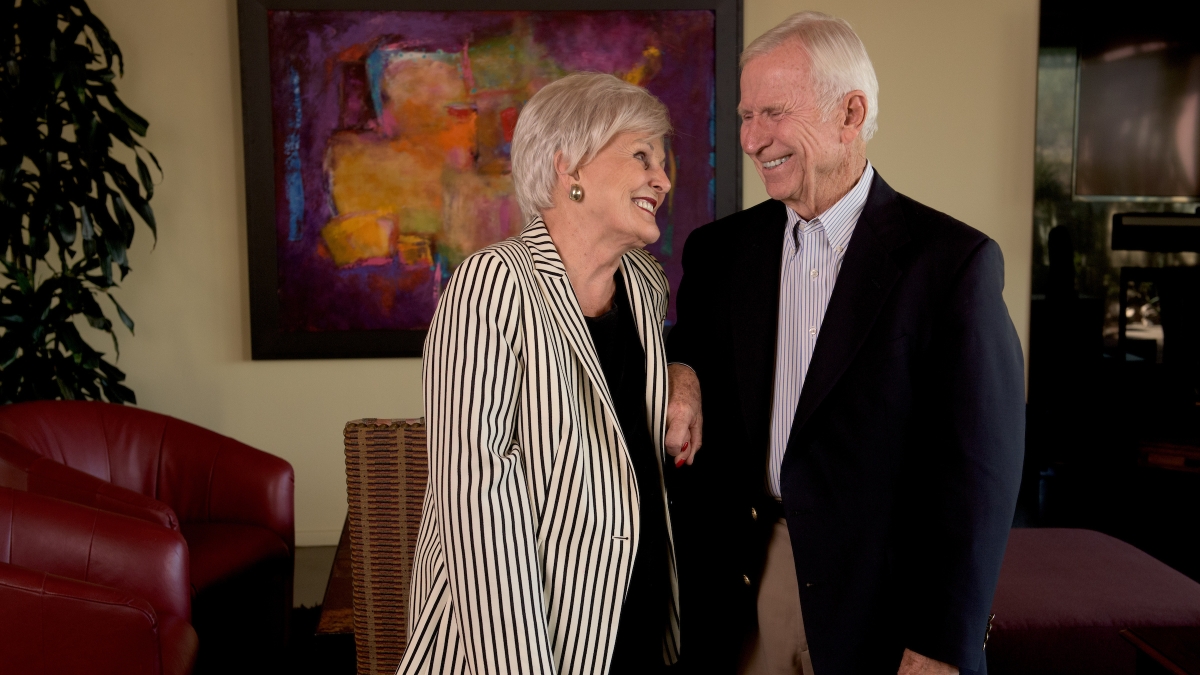
Elva Coor, wife of former ASU president, remembered as 'a catalyst for enduring change'
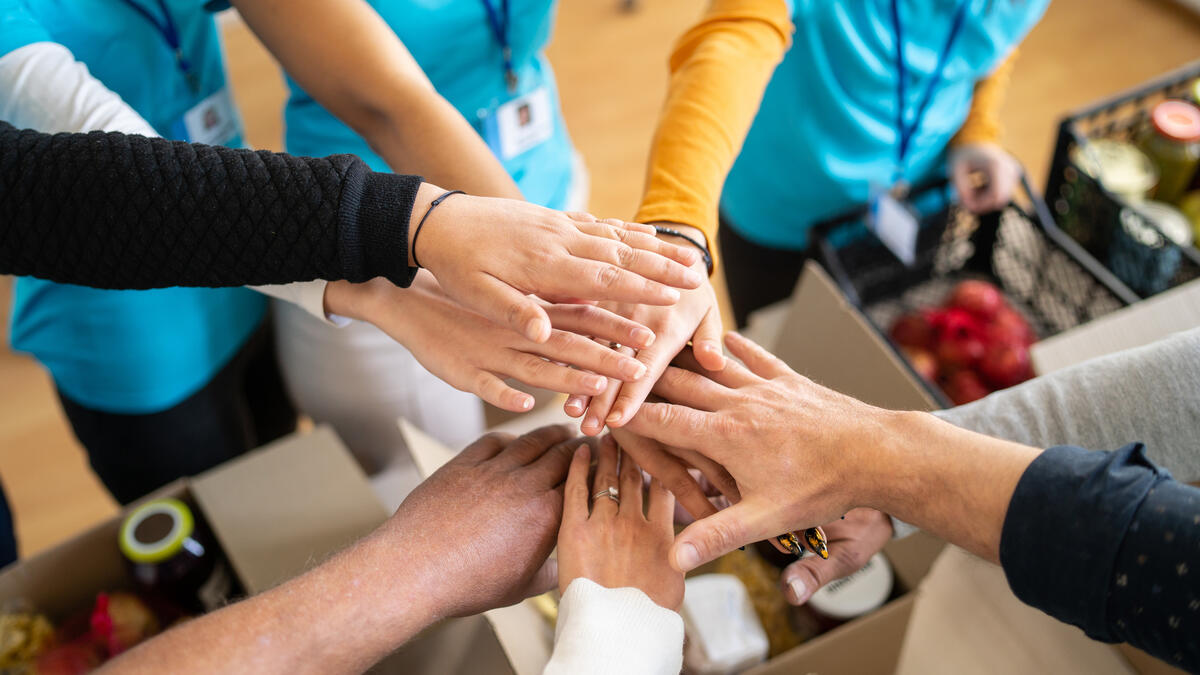
New Piper Servant Leader Network to expose ASU students to nonprofit career opportunities
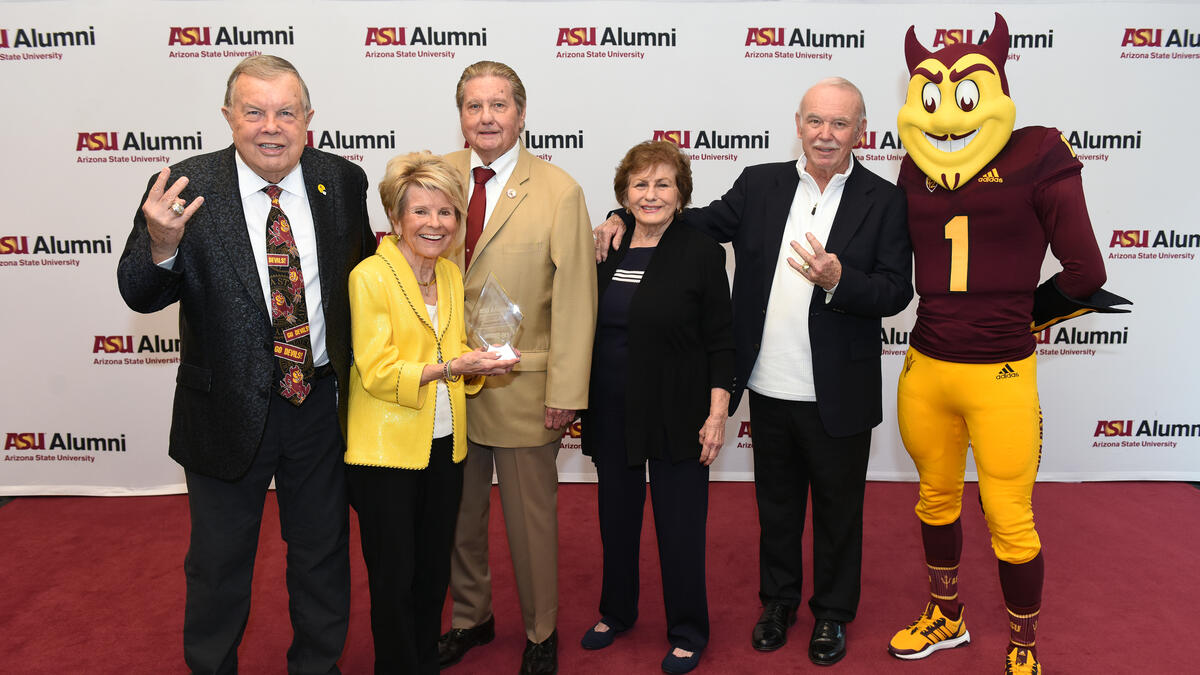
Celebrating 40 years of positive impact
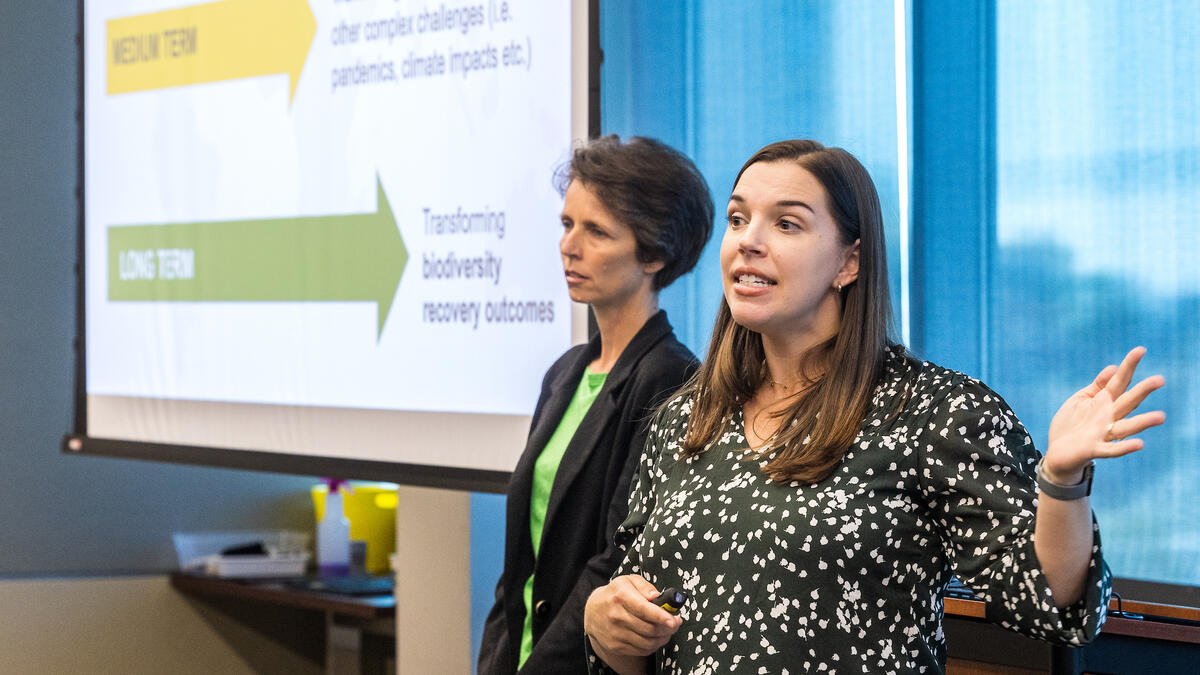
Moonshot Accelerator preps life-changing ASU projects for big funding
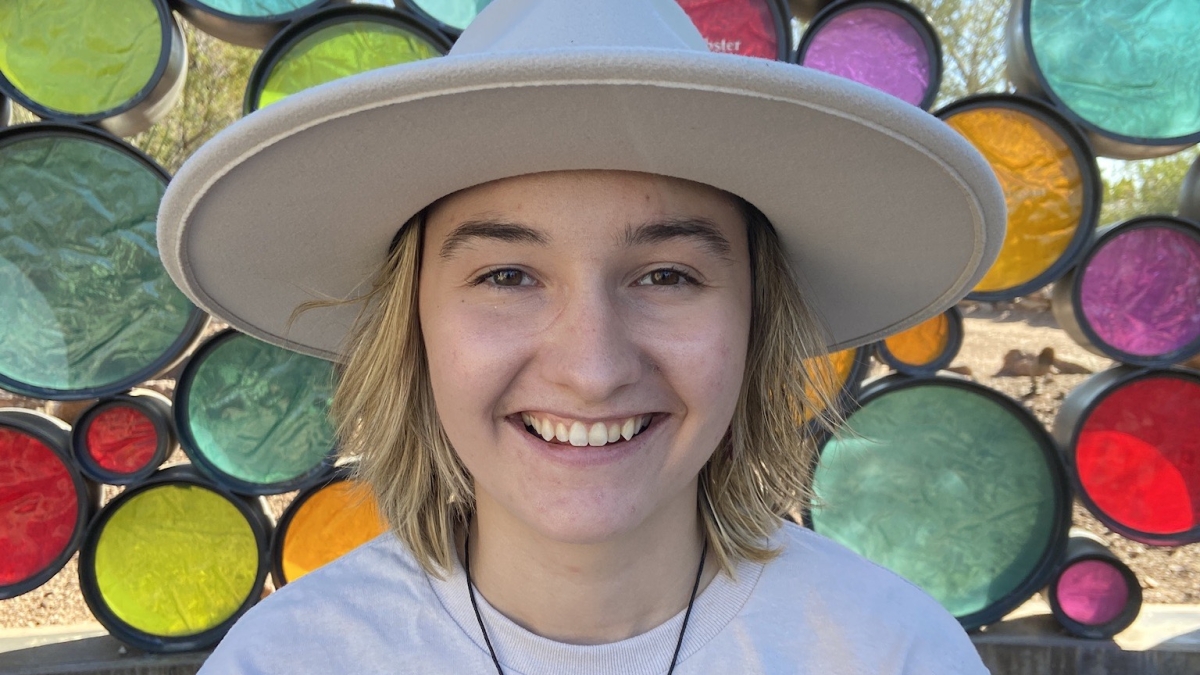
Oustanding grad's capstone blends German and architecture, highlighting social justice
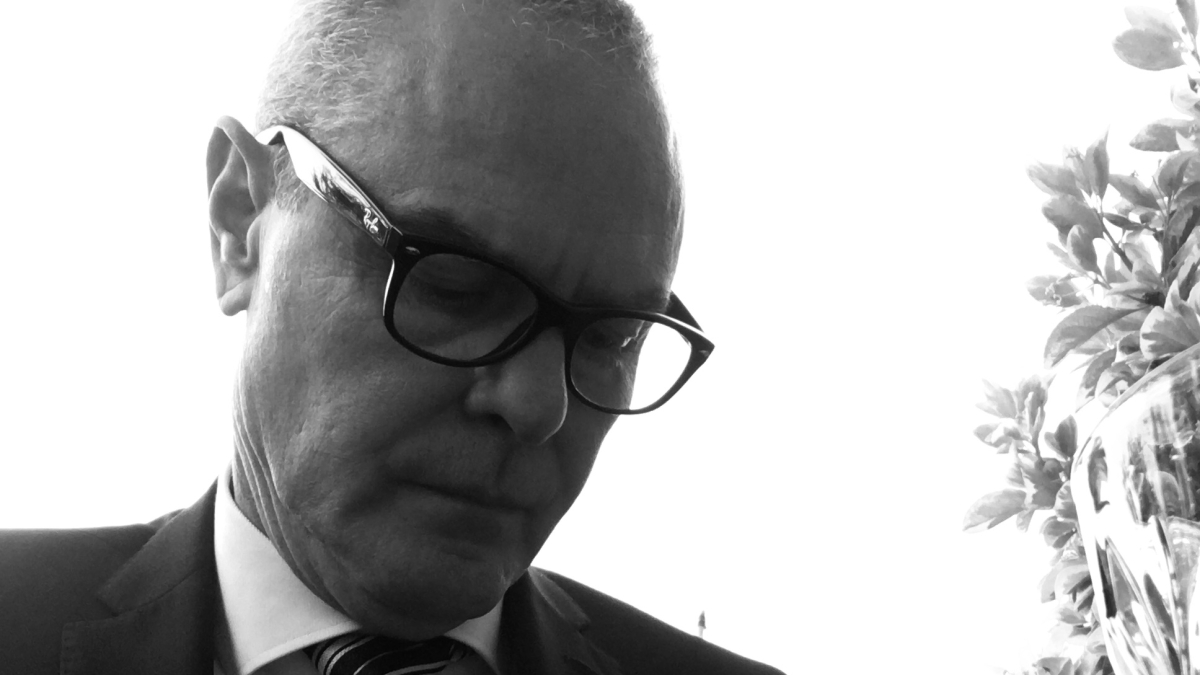
Scholarship established for Barrett Honors College students studying hermeneutics

From GED to JD, first-generation transfer student looks forward to full scholarship to law school
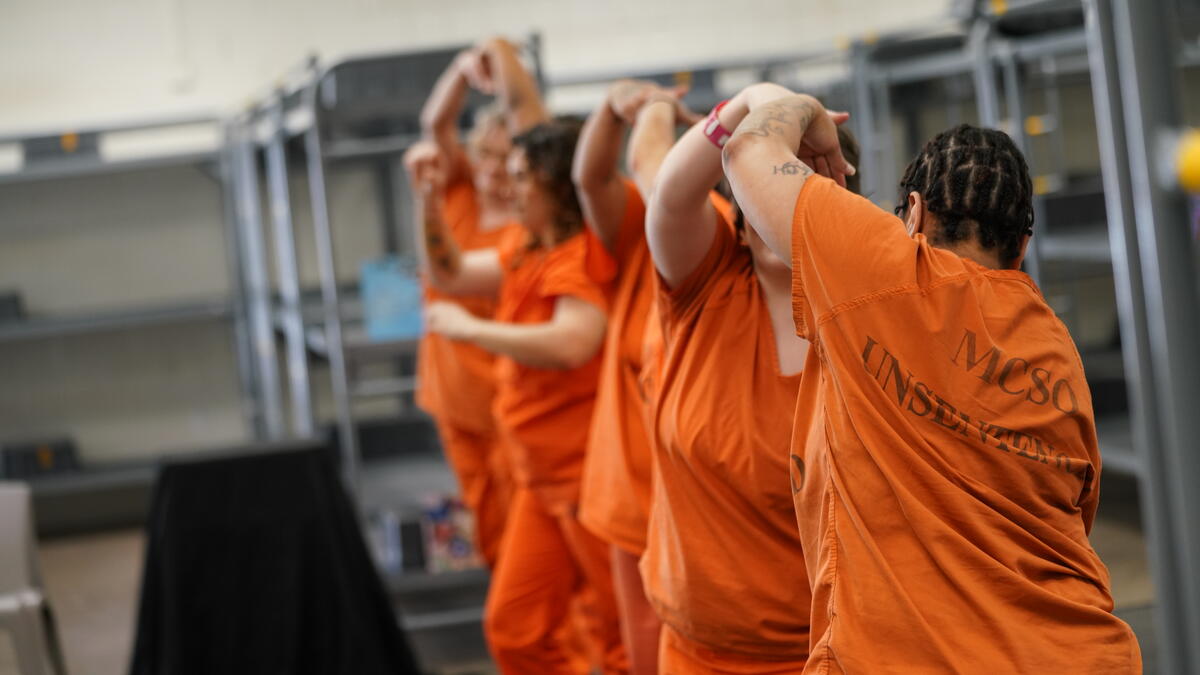
ASU Gammage program brings the arts to incarcerated women

Couple with more than 60 years of service to ASU establish student scholarships
